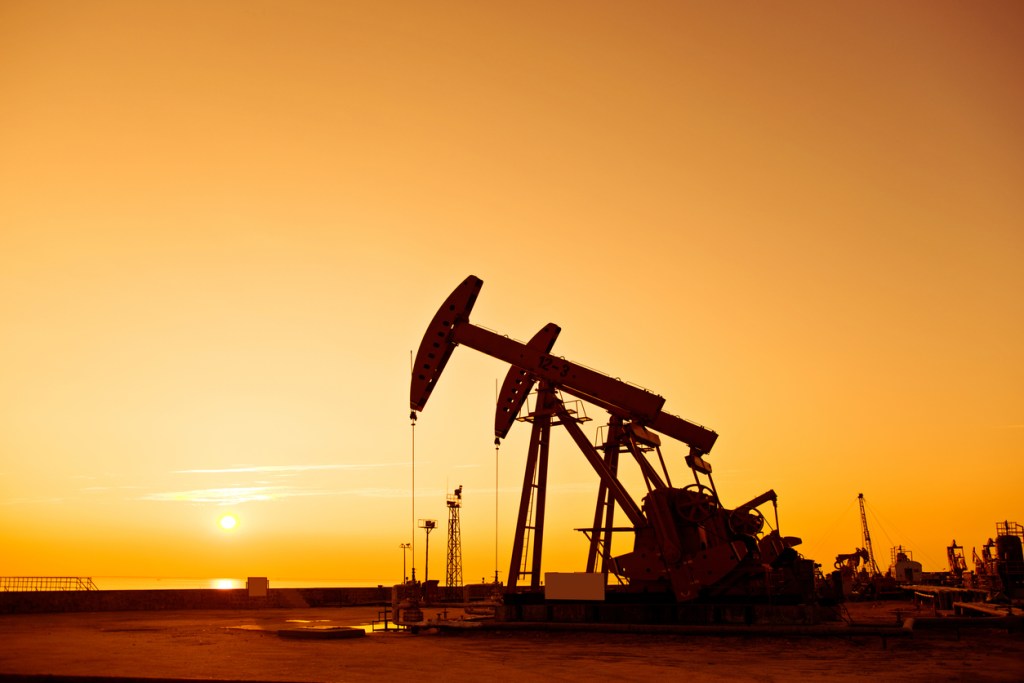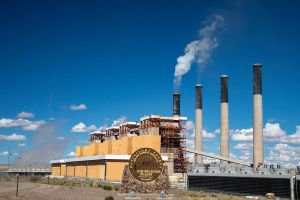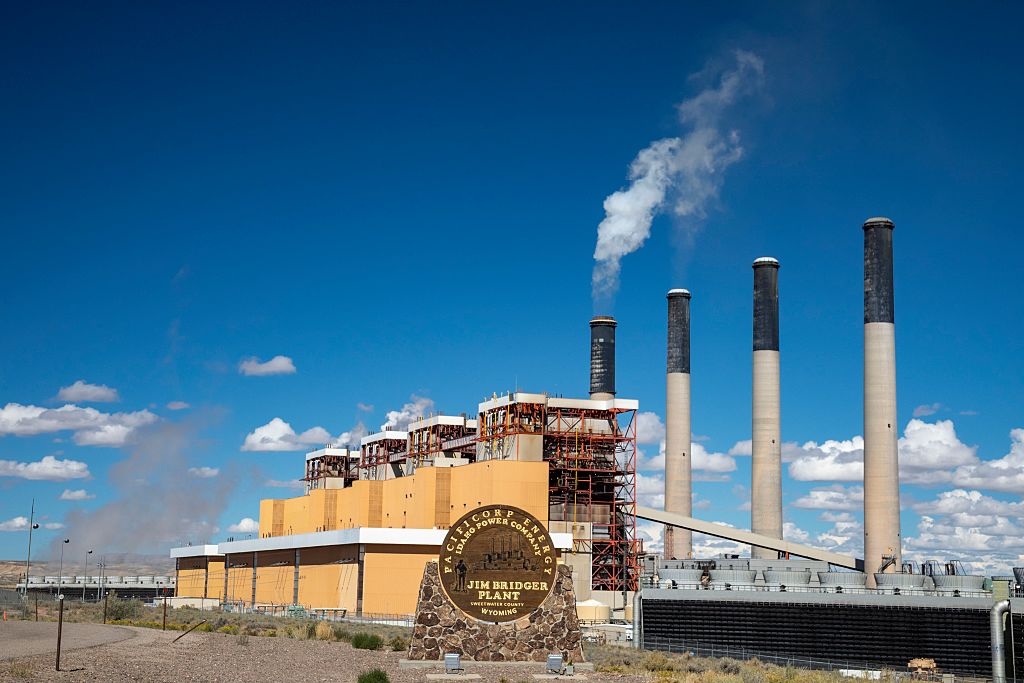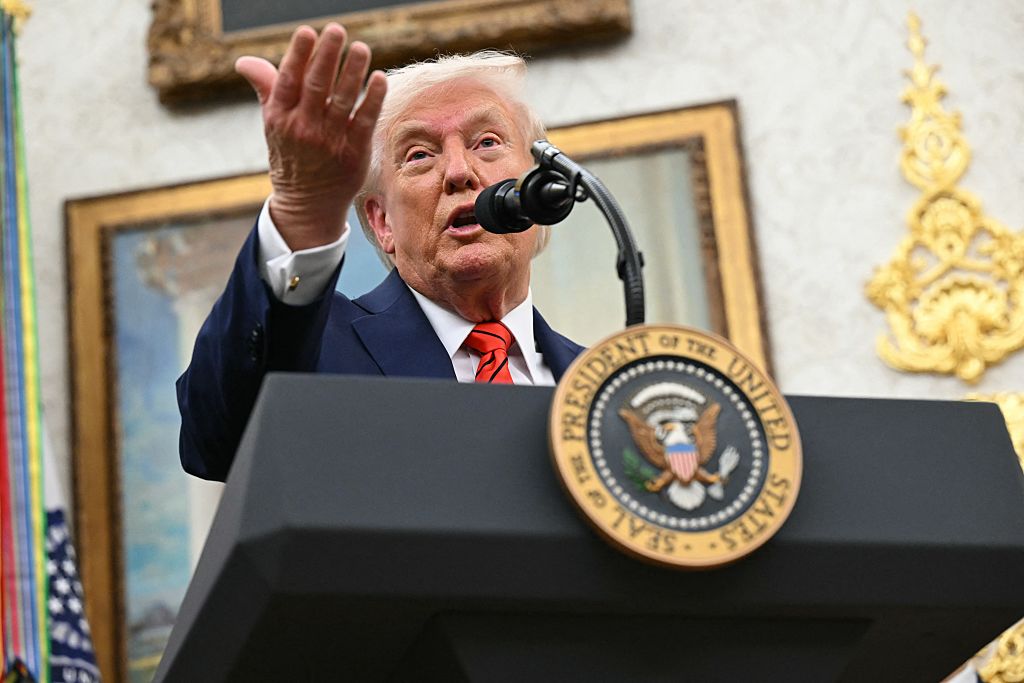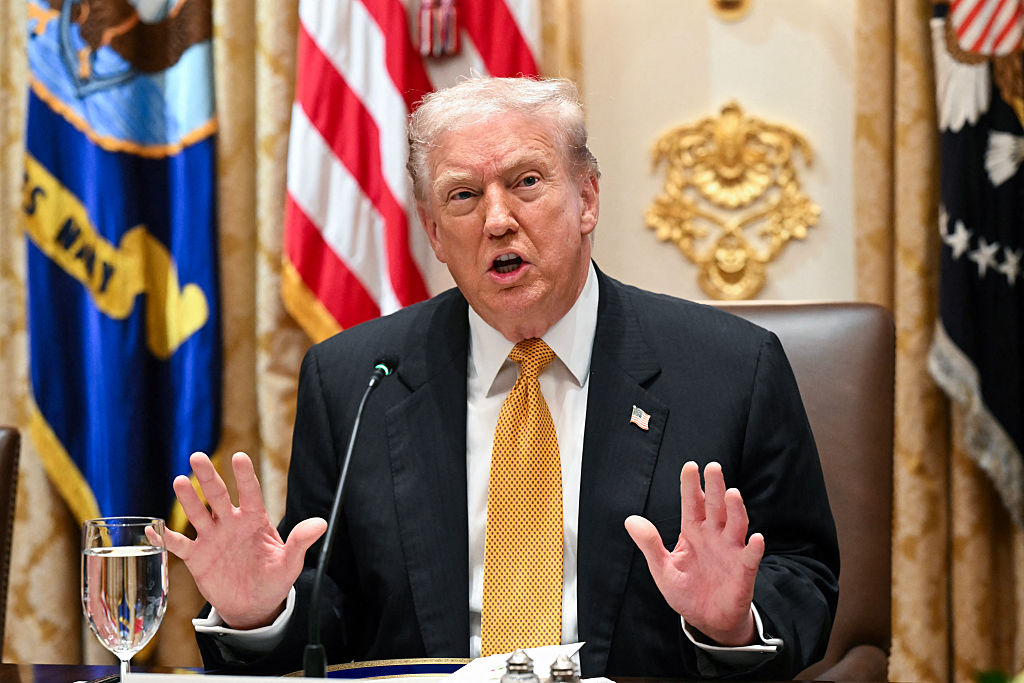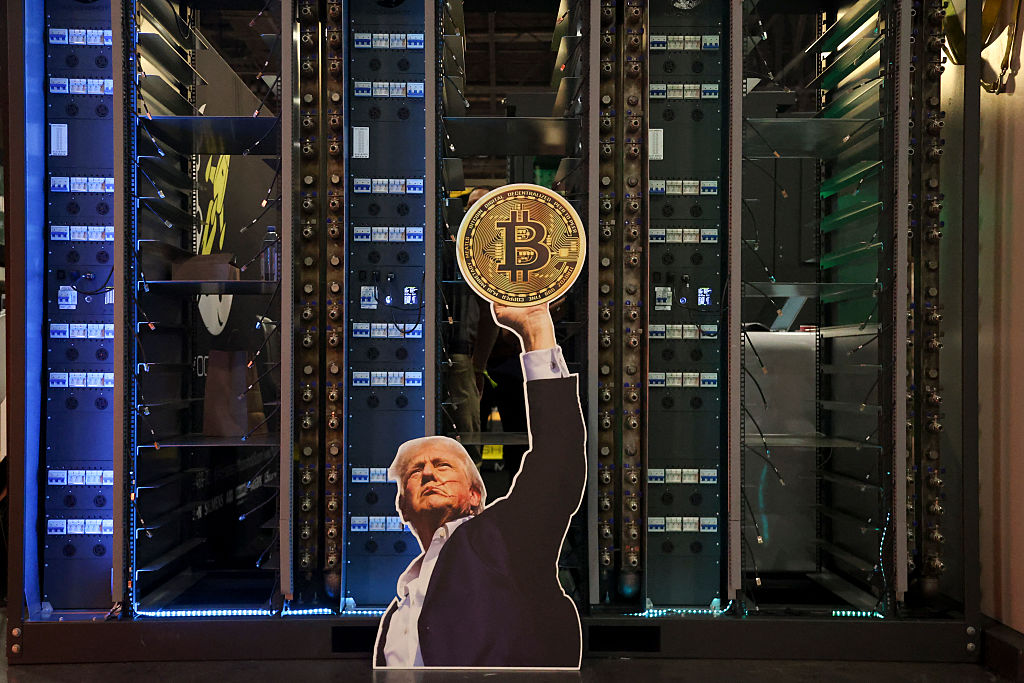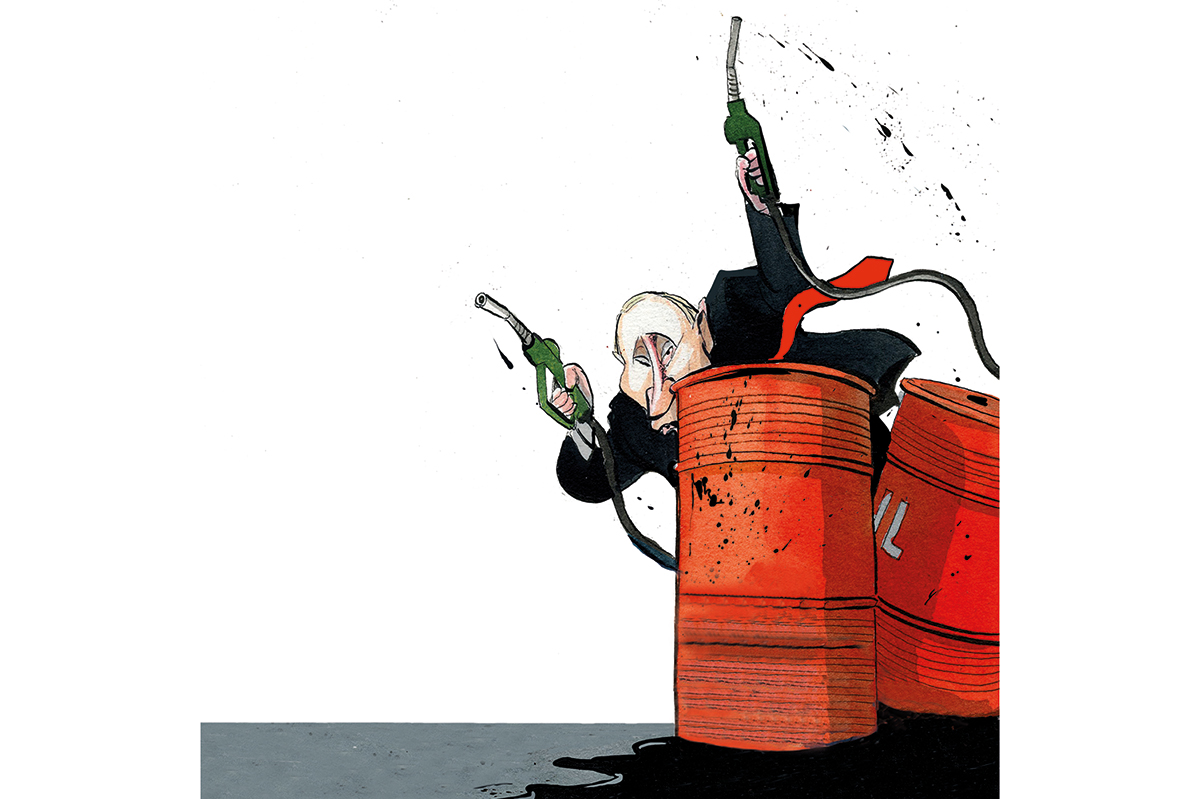If you’ve ever wanted to own a barrel of oil, today might be your lucky day – for the first time in modern history, there are traders across the world who’ll let you have it for free. On Monday afternoon the price of oil futures plummeted, with one key oil price in the USA hitting $0 per barrel shortly after 2 p.m. ET. It sounds unbelievable — and illogical. Why go to such great efforts to extract oil, which was selling for $60 a barrel just three months ago — only to give it away for free? How did we get here?
The collapse in the world economy has led to a collapse in demand for oil, and pretty big problems for those who are trying to sell it. Oil doesn’t work like a share in a company — it’s not something you can just hold on to, waiting for the right sale price. If you buy an oil contract, you are buying an agreement to accept delivery, on a given date, of one barrel full of oil.
Oil is heavy, it’s toxic, and you have to supply your own barrel. It’s costly to ship and to store — and sorting all of that is the responsibility of whoever is holding the contract on its due date. The contract that hit $0 (though all oil prices have collapsed spectacularly) is for US oil to be delivered in May 2020.
Factories are currently producing less, and so need less energy and less oil for raw materials. We travel less during a recession. We buy fewer cars. Demand drops across the board during any economic slowdown. That can often be moderated by people filling up their stockpiles with oil. If you happen to have a huge warehouse, or a series of huge tankers, and oil is unusually cheap…why not stock up and wait for the market to recover? Those with the capacity have been doing exactly that already. The problem is they’re all now almost full.
Usually, this would be a wonderful day for airlines — who would be facing the lowest fuel costs they had ever faced. Unfortunately for them, they are grounded, short on capital, and lack the huge storage facilities they’d need to store up. Even motorists don’t have much to celebrate: unless they can satisfy the police that they’re making an ‘essential’ journey, they can’t drive. Low prices normally mean greater demand: boom times for factories. But not during a pandemic.
If the low prices last for some time — and there’s good reason to think they will — it could herald a bittersweet victory for campaigners against fracking. The heavily-indebted industry, which needs high oil prices to make its work viable, could be all but killed off by a glut of cheap oil. But as energy from oil is more environmentally damaging than oil from fracking, it would be a joyless win for climate campaigners.
Most alarming is what a zero oil price signals for expectations of our future prospects. If the people sitting on huge oil stockpiles were confident the world would get back to normal and be demanding oil at a normal price any time soon, they would be stocking up on futures while it’s cheap, and even risk going over-capacity.
***
Get three months’ free access to The Spectator USA website —
then just $3.99/month. Subscribe here
***
They’re not doing that. At the moment, oil trading is an international game of hot potato, with billion-dollar stakes, and no one wants to be left holding the barrel. That means that no one thinks we are coming out of the coronavirus crisis soon, or that when we do, it will end quickly.
We are all hoping deaths from the coronavirus have peaked already. It could be that we haven’t even begun to see the scale of the economic damage it could wreak.
This article was originally published on The Spectator’s UK website.



